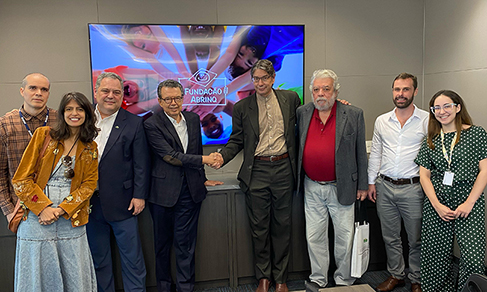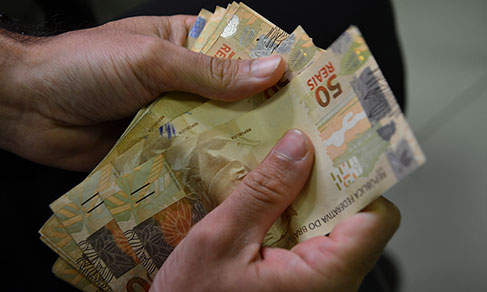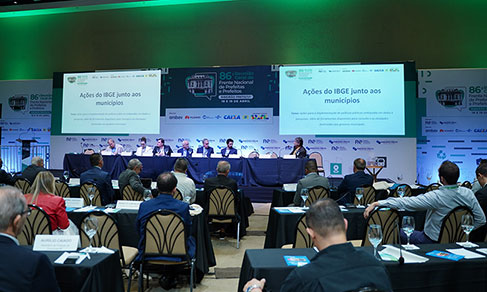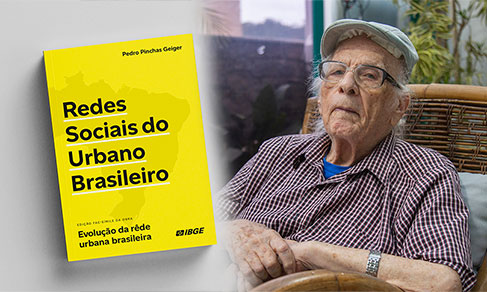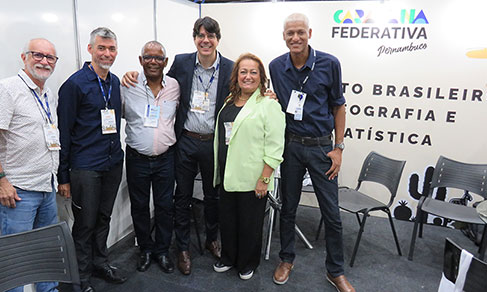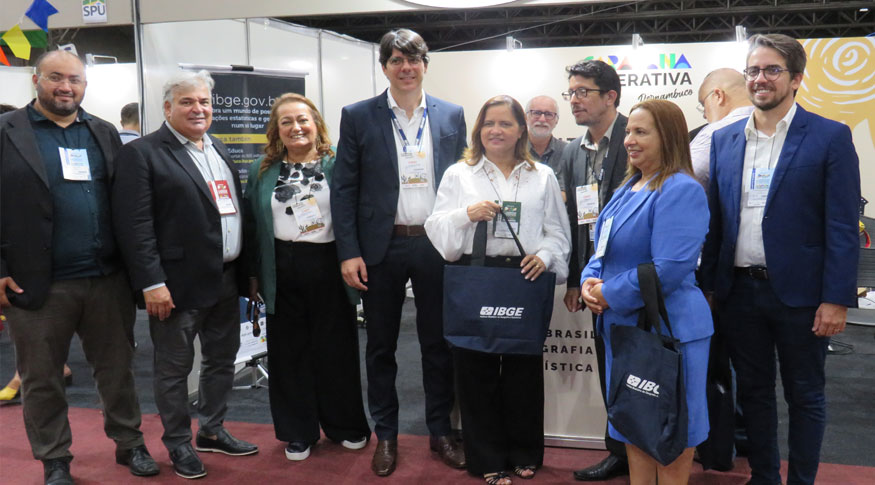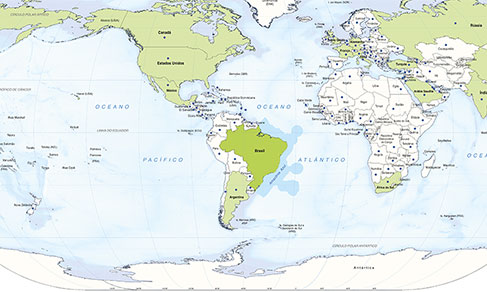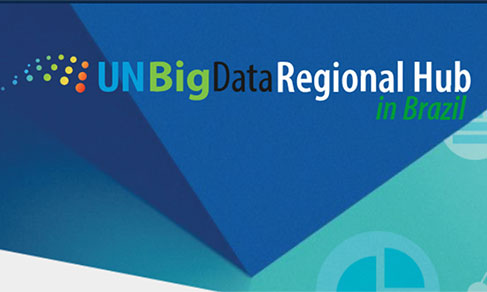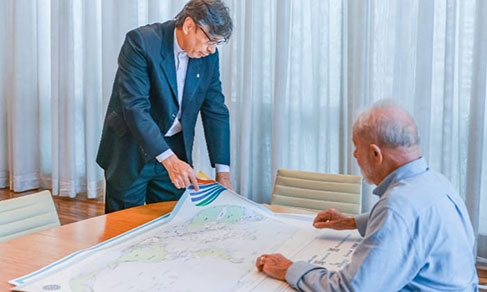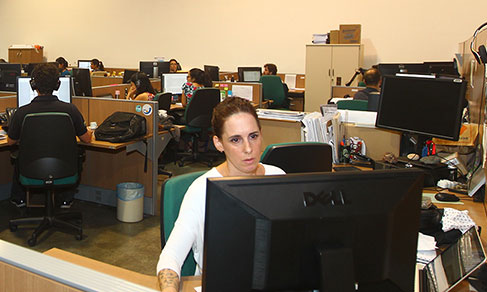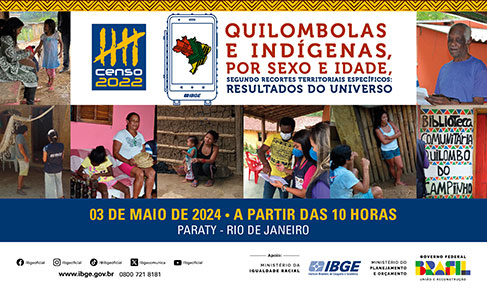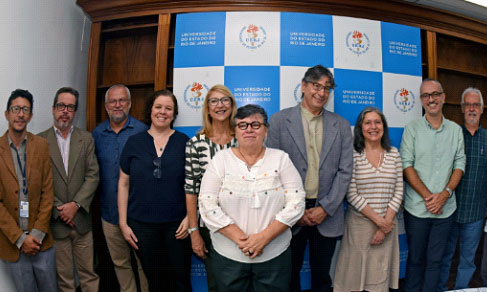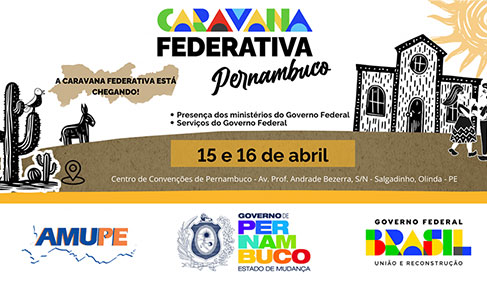Persons with disabilities: adapting spaces and attitudes
September 20, 2017 09h00 AM | Last Updated: October 09, 2017 10h02 AM
On a visit to the Forest Reservation of Grajaú, Renata Glasner realized she would not be able to see all of the place due to the lack of wheelchair ramps. On another occasion, she could not have a single drink in a party since there were no adapted bathrooms. Renata is a wheelchair user and now follows a strategy: to create “positive embarrassment” to motivate people somehow and help promote a change of habits when it comes to accessibility.
Renata speaks about that in the video:
Without a fight, not making a fuss over the situation, Renata makes it clear that establishments are not prepared for situations like those. “I was very inspired that day. When we were offered water, I turned to my husband and said: ‘time for embarrassment”. I looked around to find the manager of the place and asked about the adapted restroom.” Renata calmly stated she would not drink anything so that there would be no need to use the inexistent restroom. Her attitude took effect: the manager was so uneasy that she herself insisted on the construction of an adapted restroom after the incident. Four months later, Renata attended another party there and the restroom was in operation. ”I’m very happy for having succeeded and taken part in that change”, she says.
On September 21 we celebrate the National Day of Struggle for People with Disabilities. In the latest Population Census, 45.6 million persons reported having at least one type of disability: visual, hearing, motor or mental/intellectual. Although they made up 23.9% of the Brazilian population in 2010, those persons did not live in an adapted society. According to the 2014 edition of the Survey of Basic Municipal Information (Munic), city governments in general do not promote accessibility policies, for instance: leisure for persons with disabilities (78%), accessible tourism (96.%) and generation of employment and income or inclusion in the job market (72.6%).
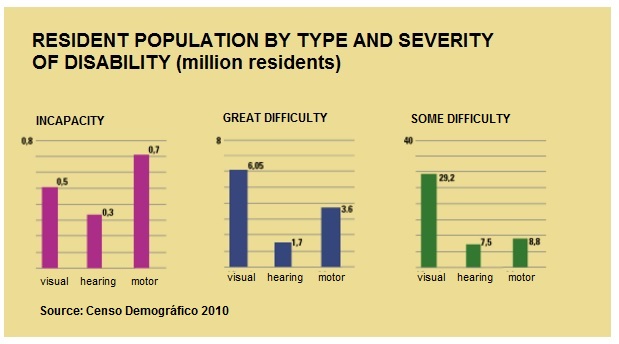
Law professor Josemar Araújo is part of a group that, although numerous, still faces several difficulties regarding basic rights, such as the right to come and go. He is blind and has just gotten a PhD degree in Social and Legal Sciences at the Federal Fluminense University (UFF), having focused on the relationship between school inclusion and criminal law. He is also a militant for human rights and advocates a more profound discussion about accessibility:
““What is it that we cal accessibility? Is it building adapted facilities? If so, that is very little. When people are not aware of what accessibility is, they end up using it for other purposes”, says Josemar. He recalls the case of a bar where a wheelchair ramp ended up being used to store tables and chairs. Or occasions when university students stand talking on the tactile warning and directional floor. Ou even sometimes when he was at the bank and was asked by the security guard not to step on the (invisible) yellow strip , or to put is belongings in the (invisible) compartment or speak to the (invisible) assistant in a vest who tried to hand him a(n) (invisible) password ticket.
“Many impossible requests made at the same time. And we still think accessibility has to do with building facilities only, but it is much more than that. It is a cultural issue”, says Josemar.
Text: Marília Loschi
Images: Juney Freire (intern)
Graph: Valberto Cabral



